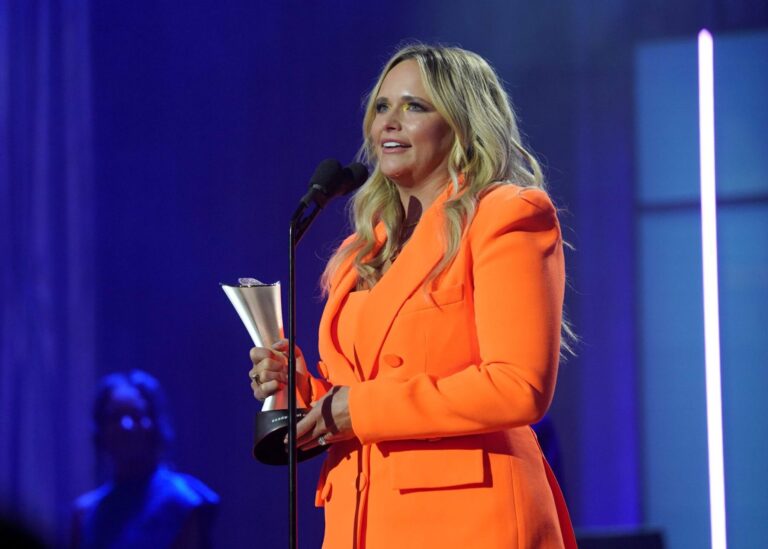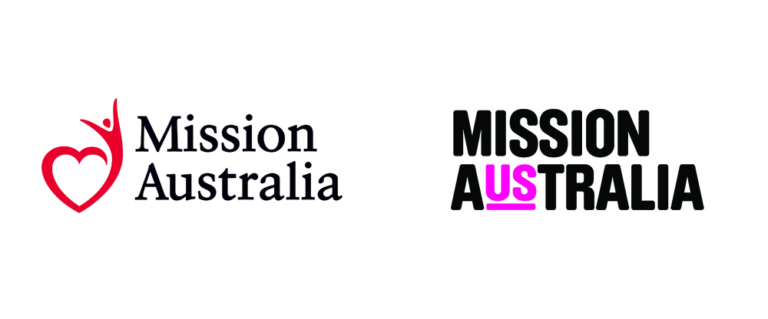Organic farming given local tick of approval
MORE local farms are choosing to go organic and are reaping the benefits.
The Hales family – based in Korrine – became a fully certified organic dairy property eight months ago; an achievement that took three years to fulfil.
The transition into organics included a culling of the herd from 175 to 125. Despite milking less, the move has been financially beneficial for the family.
“We’ve noticed the cows no longer get sick. We’ve had massive savings on vet bills, drenches and antibiotics. We also got rid of the grain bill,” Daniel Hales said.
“The changeover was huge, but we’ve seen great improvements in animal health and wellbeing, which makes our job much easier.
“We did have a fall out of cattle during the transition process, but ultimately it just eliminated problem animals.”
Daniel is the fifth generation to work on the farm, alongside his parents Paul and Carolyn.
The Hales family have been on the 530 acre property for 136 years. Friesians were removed from the herd during the transition process, and now the family primarily milks Jerseys, Ayrshires and Dairy Shorthorns.
The family has found the smaller herd to be more profitable, as productivity has increased since switching to organics.
The farm’s organic status means the milking herd is well looked after, given they live on healthy soil.
“Having healthy soil gives the cows a balanced diet. With healthy soil, the cows are getting the nutrients they need out of the plants. They convert grass to milk and we’ve had moderate to no stress since,” Daniel said.
“Organic farming focuses on feeding the soil, rather than the plant. Putting the grass in an optimum environment allows it to grow to its best potential.”
Maintaining the organic status means no synthetic fertiliser, so the family has retained growth in their paddocks through mulching and aerating.
They also conduct independent soil testing. Samples are sent to a lab and the results used to determine what minerals are lacking.
The Hales make their own salt licks to provide the cattle with the minerals they need, and the cows can’t get enough of it.
Daniel has been working on the land for the past five years. Initially he was using conventional methods, but was seeking alternatives within six months.
“I was up to my armpits, it was madness,” he said.
“We were calving twice a year, our cows were different sizes, and we couldn’t get a break. That’s when we decided to go back to basics and go organic. We now calve once a year, with a herd that’s small to medium in size and a better premium for milk.”
The family considered the option after speaking with organics experts at the Korumburra Dairy Expo.
Daniel said he was hesitant at first, but changed his mind after seeing the Wightmans’ property in Mardan.
“I saw the condition of their cows and the quality of the grass, which opened my eyes. You’re never quite sure if these things will work, but it does,” he said.
The Hales regularly share advice with other organic farms in the region, including farms in Mardan, Tarwin, Kongwak, Outtrim and Fish Creek.
“We get advice from other farmers because all farms run differently. They have different ways of treating mastitis or different responses to fertiliser. It’s all about getting opinions and trying different things,” Daniel said.
Daniel said there were a lot of farms converting to organic, particularly after the Murray Goulburn crisis.
The Hales were former Murray Goulburn suppliers and now supply their milk to Organic Dairy Farmers Australia.
“It’s a bit sad that it’s happened, but with this supplier there are no tiered prices and everyone gets the same levies. You don’t feel like you’re stuck in a desert; there’s more time for conversation,” Daniel said.

Great method: Korrine’s Paul, Carolyn and Daniel Hales have turned to organic farming and are seeing the benefits.
Short URL: /?p=21502






